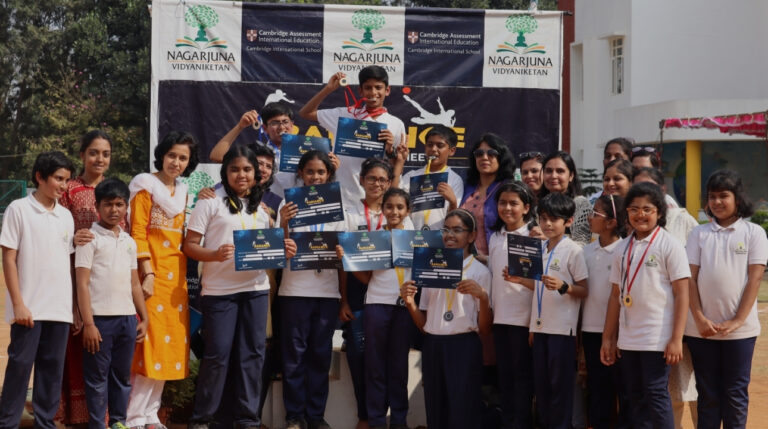How MOOCs are Influencing Higher Education Policies: Bet bhai, Cricket bet 99, Diamondexch9
bet bhai, cricket bet 99, diamondexch9: MOOCs, or Massive Open Online Courses, have revolutionized the way we think about education. These online platforms have made it possible for anyone with an internet connection to access high-quality courses from some of the world’s top universities. But MOOCs aren’t just changing the way we learn – they’re also influencing higher education policies in significant ways.
Increased Access to Education
One of the most significant ways that MOOCs are influencing higher education policies is by increasing access to education. By offering courses online for free or at a low cost, MOOCs make it possible for people who may not have had the opportunity to attend a traditional college or university to access high-quality education. This increased access to education is forcing policymakers to rethink how they can make education more accessible to a larger number of people.
Pressure to Lower Tuition Costs
As MOOCs continue to gain popularity, traditional colleges and universities are feeling the pressure to lower tuition costs. With the availability of free or low-cost online courses, students are beginning to question the high price tag associated with a traditional degree. This pressure from students and the public is forcing higher education institutions to reconsider their pricing strategies and find ways to make education more affordable.
Focus on Lifelong Learning
MOOCs are also leading to a shift in focus towards lifelong learning. With the ability to access courses on a wide range of subjects at any time, individuals are no longer limited to a single degree or field of study. MOOCs are encouraging people to continue learning throughout their lives, leading policymakers to consider how they can support and incentivize lifelong learning initiatives.
Integration of Technology
Another way that MOOCs are influencing higher education policies is by pushing for the integration of technology in traditional classrooms. As online learning becomes more prevalent, policymakers are recognizing the need to provide students with the digital skills necessary to succeed in a technology-driven world. This focus on technology is leading to changes in curriculum, teaching methods, and infrastructure within higher education institutions.
Globalization of Education
MOOCs have also played a role in the globalization of education. With courses available in multiple languages and taught by instructors from around the world, students are no longer limited by geographic boundaries. This globalization of education is prompting policymakers to consider how they can make education more inclusive and diverse, both in terms of curriculum and student body.
Support for Alternative Credentials
Finally, MOOCs are leading to a growing acceptance of alternative credentials in higher education. As more individuals turn to online courses to gain new skills and knowledge, policymakers are beginning to recognize the value of these non-traditional credentials. This shift is prompting higher education institutions to consider how they can support and integrate alternative credentials into their programs.
In conclusion, MOOCs are having a profound impact on higher education policies around the world. From increased access to education to the globalization of learning, these online platforms are forcing policymakers to rethink traditional models of education and find ways to adapt to a rapidly changing landscape.
FAQs
Q: Are MOOCs as effective as traditional classroom learning?
A: While MOOCs offer a unique learning experience, they may not be suitable for every student or subject. It ultimately depends on the individual’s learning style and preferences.
Q: Can I earn a degree through MOOCs?
A: While some institutions offer accredited online degrees through MOOC platforms, the majority of courses offer certificates or badges for completion.
Q: How can policymakers support the growth of MOOCs?
A: Policymakers can support the growth of MOOCs by investing in digital infrastructure, promoting digital literacy, and recognizing alternative credentials in the job market.







